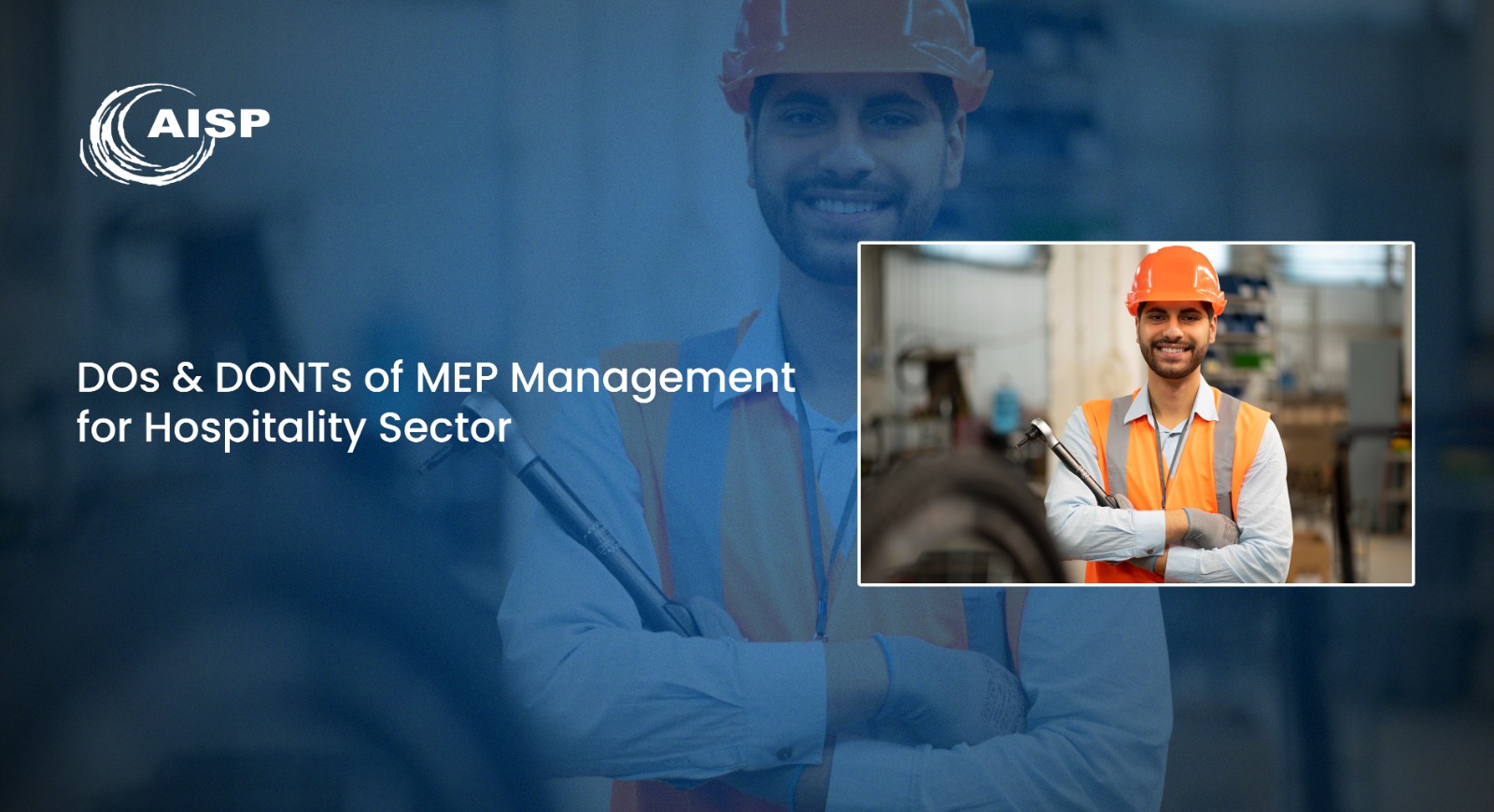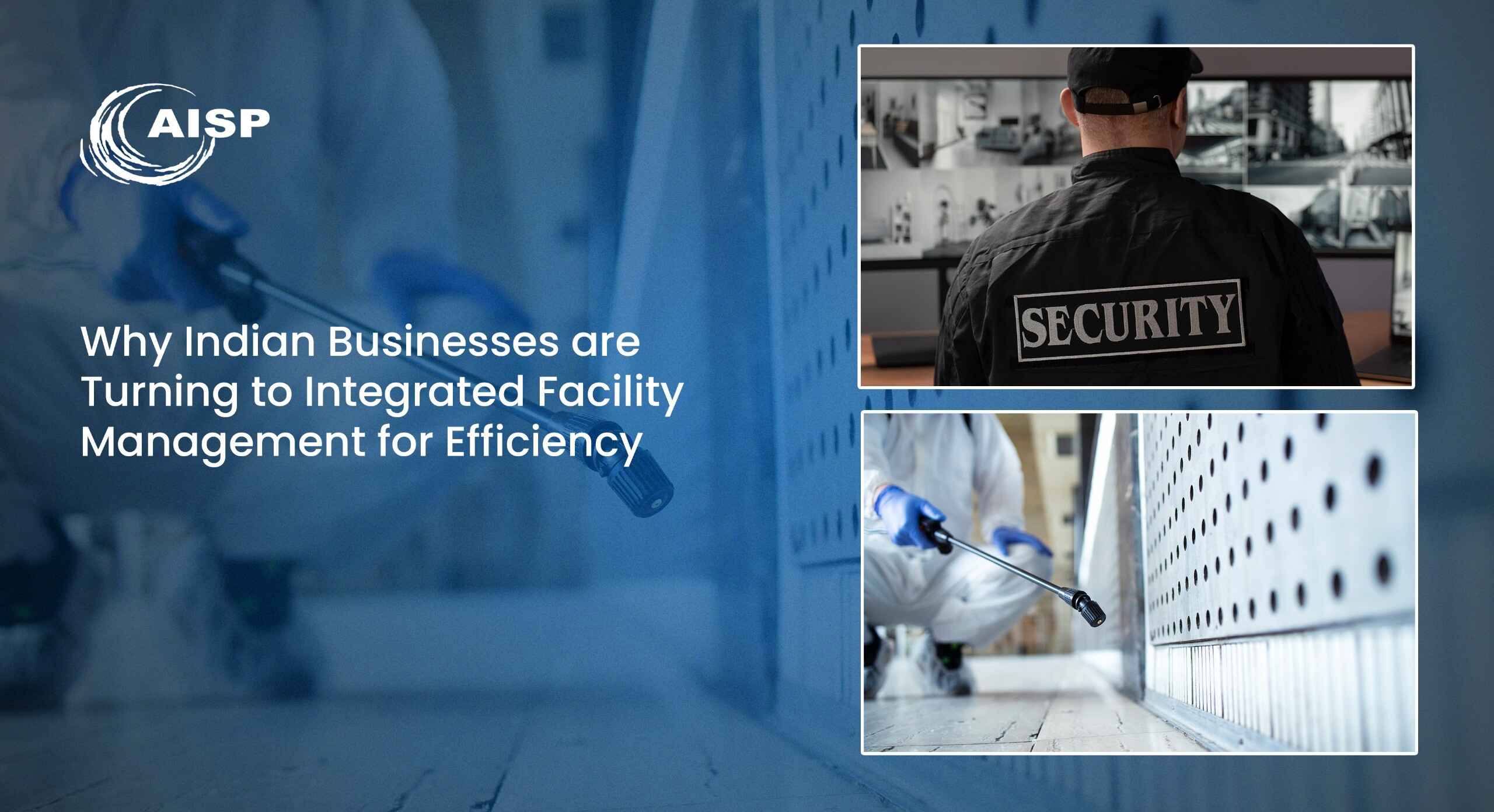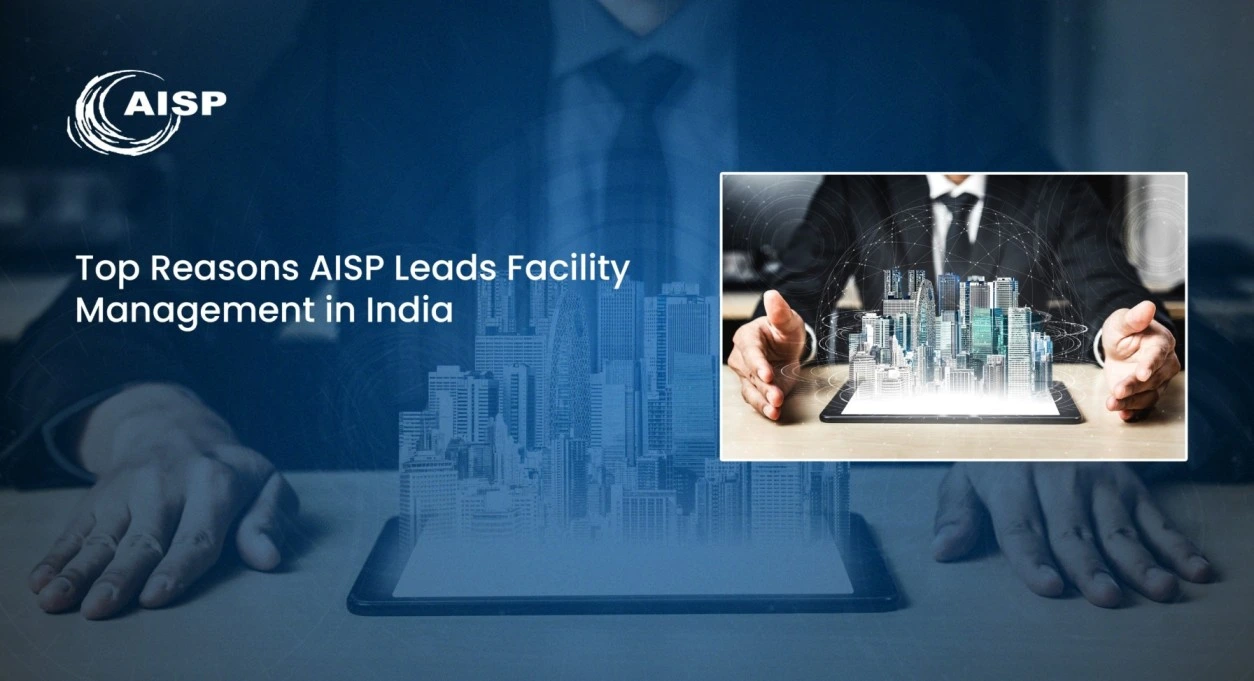
Do’s & Dont’s of MEP Management for Hospitality Sector
When guests walk into a hotel, they notice the comfort, the ambience and the service, but behind all of that is the unseen network that keeps everything running. From the cool air in a room to the warm shower in the morning, it all depends on how well the MEP management in hospitality is handled.
MEP stands for Mechanical, Electrical and Plumbing systems, and together they form the backbone of every hotel or resort. When managed efficiently, these systems make daily operations smoother, reduce energy use and improve guest comfort. In today’s world, where sustainability and efficiency matter more than ever, strong MEP management in hospitality isn’t just a technical need; it’s a key part of creating memorable guest experiences.
What is MEP Management?
MEP management refers to the planning, design, installation, operation and maintenance of mechanical, electrical and plumbing systems in a building. In hotels and resorts, these systems form the backbone of daily operations, ensuring that guests enjoy a comfortable and safe stay. Mechanical systems like heating, ventilation and air-conditioning (HVAC) keep rooms at the perfect temperature, while electrical systems provide reliable power, lighting and backup support. Plumbing systems manage water supply, drainage and sanitation efficiently.
Effective MEP management in hospitality means integrating all these systems, monitoring their performance, conducting regular maintenance, and following safety standards. When done well, it not only enhances guest comfort but also reduces operational costs, improves energy efficiency and extends the life of critical equipment.
DOs of MEP Management in the Hospitality Sector
1. Conduct Regular Maintenance and Inspections
Regular maintenance is the foundation of effective MEP management in hospitality. Routine inspections help identify small issues before they become major problems, ensuring that systems like HVAC, lighting and plumbing work efficiently throughout the year. Preventive maintenance not only reduces unexpected breakdowns but also extends the lifespan of essential equipment.
2. Prioritise Energy Efficiency and Sustainability
Modern guests appreciate eco-friendly hotels, and energy-efficient MEP systems play a big part in achieving that. Installing LED lighting, smart thermostats and water-saving fixtures helps reduce energy costs and supports sustainability goals. Efficient energy use also improves the property’s long-term profitability while protecting the environment.
3. Ensure Proper System Integration
In hospitality, different systems need to work together smoothly — from temperature control to lighting automation. Proper integration ensures that all mechanical, electrical and plumbing components operate as a single unit, improving efficiency and reducing energy wastage. It also allows for real-time monitoring and easier management.
4. Focus on Safety and Compliance Standards
Safety should always be a top priority. Following national and international safety standards ensures that all MEP systems operate reliably and meet legal requirements. Regular audits and compliance checks help prevent risks such as electrical faults, fire hazards or plumbing leaks, protecting both guests and staff.
5. Collaborate with Qualified MEP Consultants
Partnering with experienced MEP consultants can make a significant difference in managing complex hospitality projects. These experts bring technical knowledge, help design efficient systems and ensure that all components are installed and maintained correctly. Their guidance can save time, reduce costs and improve overall system performance.
The DON’Ts of MEP Management in the Hospitality Sector
1. Avoid Neglecting Preventive Maintenance
Skipping regular maintenance is one of the most common mistakes in MEP management in hospitality. Ignoring small issues can lead to expensive breakdowns, energy loss and guest discomfort. Preventive maintenance keeps systems reliable and reduces costly downtime.
2. Do Not Compromise on Quality Materials or Design
Cutting costs by using low-quality materials or poor designs may seem tempting but can create long-term problems. Inferior components wear out quickly and often require frequent repairs. Always invest in durable materials and efficient designs that ensure performance and safety.
3. Avoid Overlooking System Compatibility
Every MEP system needs to work in harmony with the others. Using incompatible equipment or technologies can cause operational inefficiencies and safety concerns. Before installation or upgrades, ensure that all systems are properly aligned and integrated.
4. Do Not Ignore Guest Comfort for Cost Savings
In hospitality, guest comfort should always come first. Reducing energy use at the expense of air quality, water pressure or lighting comfort can harm the guest experience. Smart MEP planning allows both energy efficiency and guest satisfaction to coexist.
5. Avoid Untrained Staff Handling Technical Systems
Allowing untrained staff to operate or repair complex MEP systems can lead to costly mistakes and safety hazards. Always ensure that maintenance and repairs are handled by qualified technicians who understand the systems and follow standard protocols.
Common Challenges in MEP Management for Hospitality
1. Balancing Performance with Cost
One of the biggest challenges in MEP management in hospitality is maintaining high performance while controlling costs. Hotel systems such as heating, cooling and lighting require constant operation, which can lead to high energy bills. Achieving the right balance between quality service and energy efficiency requires smart planning, regular monitoring and the use of modern, cost-effective technology.
2. Managing Downtime During Upgrades or Repairs
Hotels and resorts operate around the clock, so any downtime can affect guest comfort and satisfaction. Scheduling maintenance or system upgrades without disrupting daily operations is often difficult. Effective MEP planning involves working during low-occupancy periods, using quick-response teams and ensuring that critical services remain available at all times.
3. Handling Outdated Infrastructure
Many hospitality properties, especially older ones, struggle with outdated MEP infrastructure. Old wiring, inefficient air-conditioning systems or corroded plumbing can increase maintenance costs and reduce performance. Upgrading these systems requires investment and careful coordination, but it is essential for long-term reliability and sustainability.
Final Thought
Good MEP management in hospitality is about more than just keeping systems running. It is about making sure guests feel comfortable, staff can work efficiently, and the hotel operates smoothly behind the scenes. When heating, cooling, plumbing and electrical systems work together seamlessly, hotels save costs, reduce energy use, and create a better experience for everyone.
Getting this right can be challenging, which is why expert support matters. AISP Project Management Consulting helps hospitality businesses plan, implement and manage MEP systems effectively. Their expertise ensures everything runs smoothly, from design to maintenance, allowing hotels to focus on what really counts, keeping guests happy and operations efficient.


